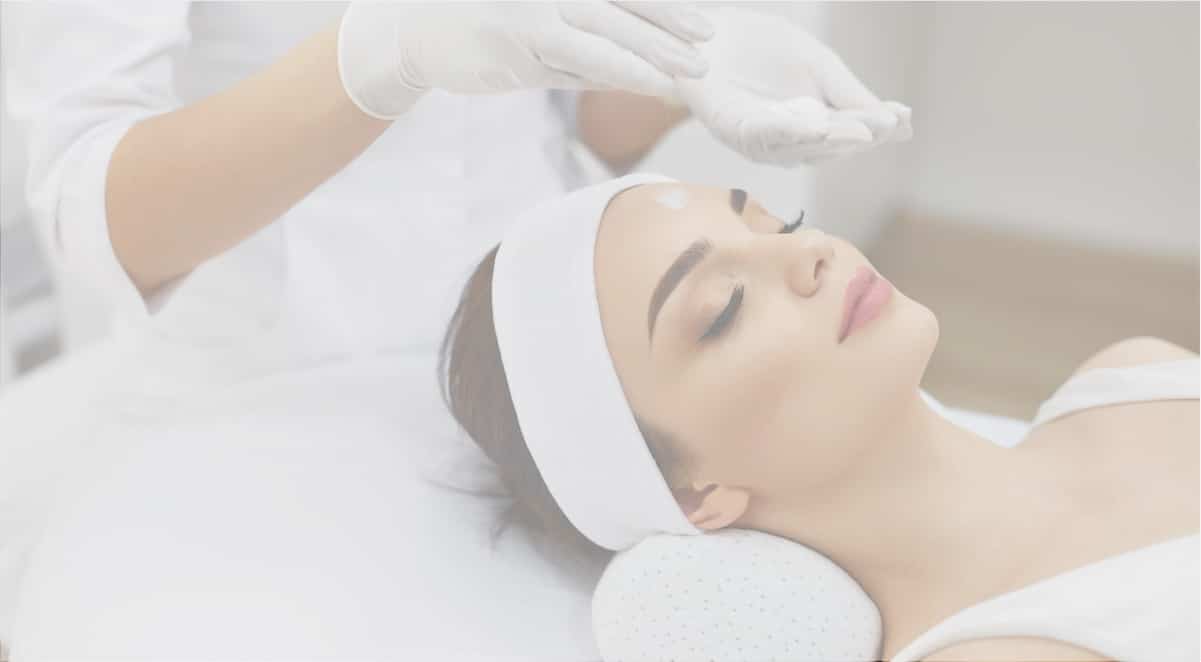
Pruritus is the sensation of itching on the skin. Everyone has felt a skin itch, but if the sensation is chronic or difficult to satisfy, you may be experiencing pruritus. Itchy feelings can develop anywhere on the body, and they can even happen as a result of a suggestion of or thinking about having an itch (psychosomatic). Pruritus can be localized or generalized, and it can occur as either a chronic or an acute condition. The sensation is brought on by a variety of causes, from a stray hair to allergies. When it comes to chronic and unexplained pruritus, the additional expertise our board-certified dermatopathologist can be helpful in diagnosing the cause of your itching sk
Most of us will experience pruritus from time to time. Along with anyone who has skin allergies or experiences certain environmental factors, pruritus commonly affects the elderly, people with diabetes and eczema, and those with suppressed immune systems. Pruritus has also been known to affect people who experience seasonal allergies, such as springtime hay fever. It is important to remember that different types of pruritus affect different people. For example, pregnancy can bring on a condition called PUPPP, or Pruritic Urticarial Papules & Plaques of Pregnancy, which appears as a bumpy but benign rash.
Various skin conditions can also cause and exacerbate pruritus, like dry skin, some types of infections and funguses, other skin diseases, and, in rare cases, even cancer.
While pruritus can begin as a simple itch, it can develop into a more irritating condition. Dry skin is both a symptom and a cause for pruritus, and dry climates and winter weather can worsen dry skin. When people develop pruritus, itching the affected areas of the skin can make the sensations even more itchy.
Long-term scratching can lead to additional complications. Fingernails and back scratchers can break the skin if over-used, creating an opportunity for other infections. The skin’s appearance may change with prolonged scratching, developing red spots and bumps while possibly bleeding and scarring in extreme cases.
There are several at-home remedies for this condition. Applying medicated lotions or dressings, as well as taking oral anti-itch medicines, can calm the skin. Additionally, individuals can help prevent this condition by moisturizing daily, using gentle cleansers, and bathing in warm (but not hot) water.
However, more severe cases may require a doctor’s prescription. If you visit the Skin Care Center of Southern Illinois, a doctor may prescribe a topical and/or oral steroid. You may also receive antihistamines to prevent future breakouts and relive the itch. Visiting a doctor can improve both the look and feel of any affected skin. If you’d like a board-certified dermatologist/dermatopathologist to examine your pruritus, contact us to schedule an appointment.
It can seem silly to visit a doctor for itching, but if the condition persists for weeks or is extraordinarily uncomfortable, it is time to check in with a health care professional. In extreme cases, pruritis is only treated with the help of a doctor or dermatologist. In the appointment, your dermatologist may extract a tissue sample, which consists of scraping any rash for further testing. This is not painful or invasive, and it can help you get the answers for the causes of your pruritus.
If you’re looking for a dermatologist in southern Illinois, our Mt. Vernon office is a great place to start. Our doctors are familiar with environmental factors that may exacerbate pruritus, which can lead to a faster diagnosis and treatment.